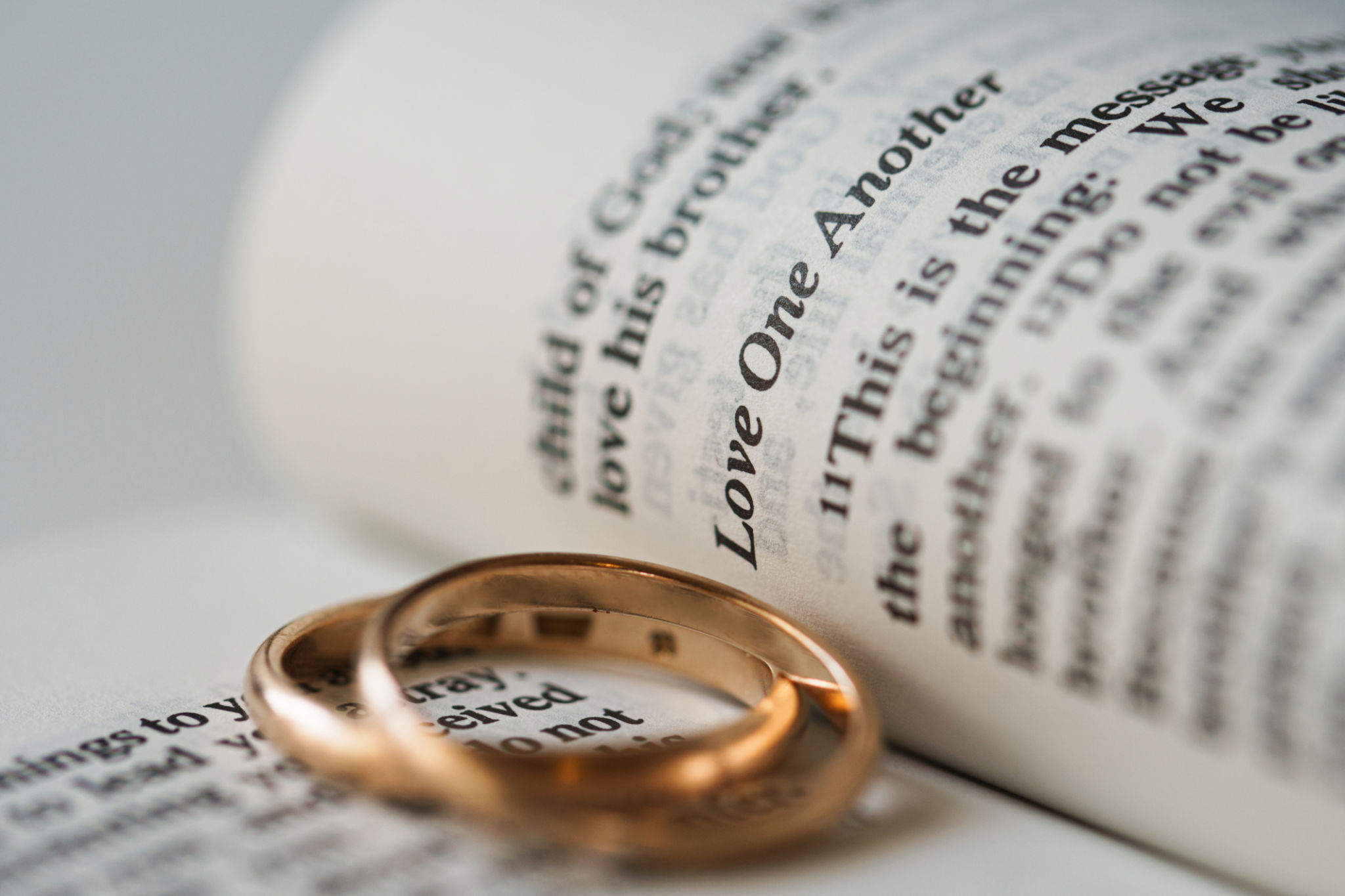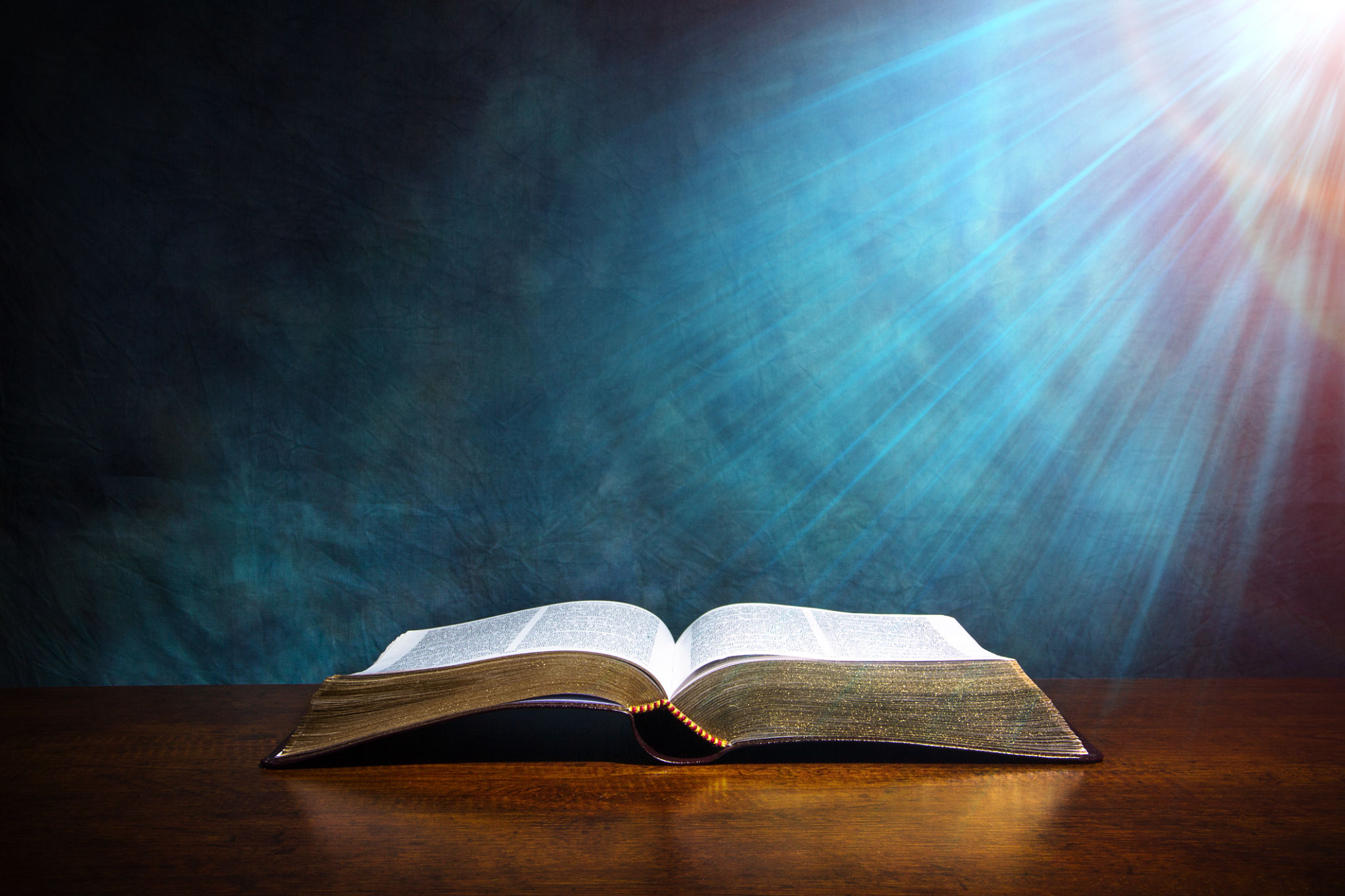Why Do Christians Oppose Same Sex Marriage? A Deep Dive into Traditional Values
Understanding the Christian Perspective
Christian opposition to same-sex marriage is rooted in a complex web of religious beliefs, scriptural interpretations, and traditional values. At the heart of this opposition is the adherence to a historical understanding of marriage as a sacred union between a man and a woman, as outlined in the Bible. For many Christians, marriage is not just a legal contract but a covenant with spiritual significance.

The Bible, considered the ultimate source of truth for Christians, contains passages that are interpreted to define and uphold heterosexual relationships. The Book of Genesis, for example, describes the creation of man and woman and their union as husband and wife. This foundational narrative is often cited to support the belief that marriage was designed by God to be between opposite sexes.
Scriptural Interpretations
Different Christian denominations may interpret the Bible in varying ways, but many align on certain key passages when discussing marriage. The New Testament, particularly the writings of Paul, includes statements that have been historically understood to condemn homosexual acts. These interpretations shape the views of many Christians who believe that adhering to biblical teachings requires opposing same-sex marriage.

It's important to note that not all Christians interpret these passages in the same way. Some adopt a more inclusive understanding, advocating for interpretations that support same-sex marriage. However, traditional interpretations continue to hold significant sway in many communities.
The Role of Tradition in Christian Beliefs
Tradition plays a crucial role in shaping Christian views on same-sex marriage. For centuries, Christians have followed established doctrines that define marriage in specific terms. This long-standing tradition creates a framework within which many Christians view changes to marriage definitions as challenges to their faith and values.
Religious traditions often emphasize the importance of family as the cornerstone of society. Many Christians believe that altering the traditional definition of marriage could undermine this fundamental social unit. The belief is that the traditional family model—consisting of a mother, father, and children—provides stability and continuity for future generations.

The Influence of Religious Leaders
Religious leaders play a pivotal role in shaping the views of their congregations on same-sex marriage. Clergy members, pastors, and church authorities often express their positions based on theological education and doctrinal teachings. Their influence can be significant, as they are seen as spiritual guides and moral authorities within their communities.
In many cases, these leaders advocate for political and social actions that align with their beliefs, encouraging followers to voice opposition to policies supporting same-sex marriage. This advocacy is often rooted in the desire to preserve religious freedom and uphold what they consider divine laws.
Balancing Faith with Modern Society
The debate over same-sex marriage presents a challenge for Christians trying to balance their faith with contemporary societal changes. As societies become more accepting of diverse relationships, Christians are faced with questions about how to reconcile their traditional beliefs with evolving social norms.

Some Christian communities are engaging in open discussions and re-examining traditional interpretations to find a path that honors both their faith and the principles of love and acceptance. These conversations are not without controversy, but they highlight the ongoing evolution within Christianity as it interacts with modern society.
In conclusion, the opposition to same-sex marriage among Christians is deeply intertwined with religious beliefs, scriptural interpretations, and traditional values. While some hold firmly to historical doctrines, others seek ways to harmonize their faith with an inclusive understanding of love and marriage.